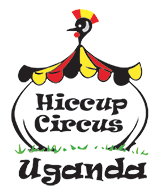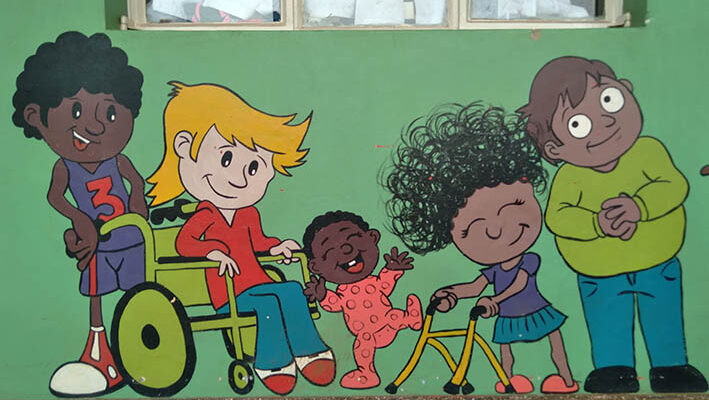Worldwide, an estimated 240 million children with disabilities and a third of these children live in Africa. For them, this is equivalent to a sentence of perennial marginalization given by the absence of adequate health and educational facilities, together with the social stigma that precludes them from the possibility of integrating into communities and working plus considering that in the last two years, the pandemic has contributed to widening the gap of inequalities. According to a United Nations study, more than 20% of children between the ages of 2 and 9 in Uganda suffer from at least one form of disability, in the majority of cases the result of infectious diseases such as polio, malaria, leprosy or measles.
Halma’s story. She is seven years old, blind since birth and lives in Masaka. She had never attended school or played with her peers until last year when she, thanks to the support of one of the few schools dedicated to blind children in the African country, opened its doors to her. There she is learning to read and write with the Braille method and to move independently thanks to an orthopedic aid.
Disabled Africans are not the same as everyone else, they do not enjoy the same opportunities guaranteed to peers born in rich countries and never as in this case, being born in the “wrong” part of the world makes a difference. Children with frailty are rejected even by their families, for economic but also cultural reasons. Removing this injustice and breaking the vicious circle of poverty is a moral duty. To do this, medical care, school and vocational training are essential. Only in this way will they be able to walk towards a better future.
Integrated projects that aim to promote autonomy and socio-economic inclusion are hope for many. From those with motor and intellectual disabilities to minors with disabilities in the functions of the voice, auditory, visual and elementary schools where blind children study together with able-bodied peers. It is also necessary to include a Braille printing house with a vocational training centre, computer labs and prosthesis production. Tailoring, carpentry, playing areas with spaces for arts and a community garden because eating well and in a varied way really help everyone… and food is the first medicine!

